
People
Hearing Palestine is run by its Steering Committee, which works with a network of leading scholars and community members. The Steering Committee is supported at arms-length by the Administrative Director, as well as by the International Advisory Board. The extensive network, from both the UofT as well as international institutions, allows it to support cutting edge research on Palestine and Palestinians, as well as deliver programming that is changing the conversation on Palestine in Toronto and across Canada.
Steering Committee

Chandni Desai
ch.desai at utoronto.ca
Chandni Desai is an Assistant Professor at the University of Toronto. She is working on her first book tentatively titled Revolutionary Circuits of Liberation: The Radical Tradition of Palestinian Resistance Culture and Internationalism. She has written articles on Palestinian resistance culture, settler colonial economies and resurgent solidarities, Palestinian oral history, memory and archives in the Journal of Palestine Studies; Race and Class; Curriculum Inquiry; Decolonization: Indigeneity, Education and Society and several anthologies. She coedited a special issue on decolonization and Palestine for the journal Decolonization. Desai is the host of the Liberation Pedagogy Podcast.
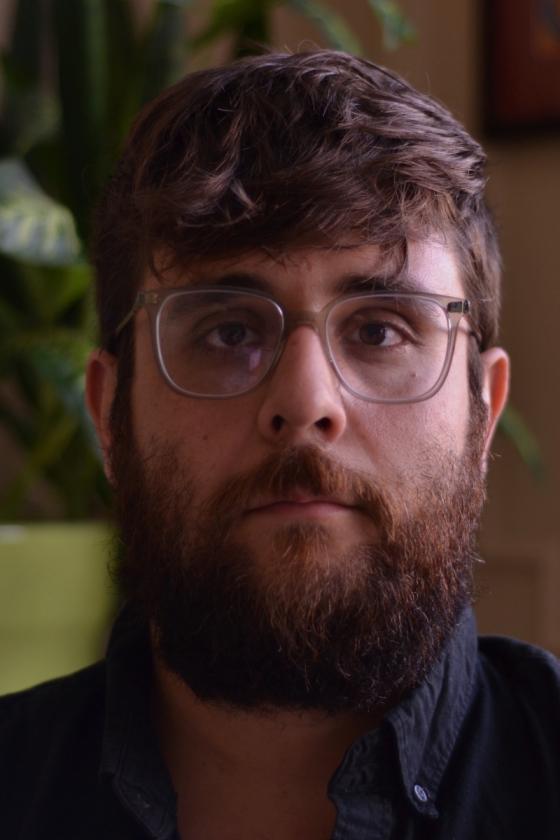
Esmat Elhalaby
esmat.elhalaby at utoronto.ca
Esmat Elhalaby is an Assistant Professor of Transnational History. He works principally on the intellectual history of West and South Asia. His writing has appeared in Modern Intellectual History, American Quarterly, Michigan Quarterly Review, Dissent, Boston Review, and elsewhere. Before joining the University of Toronto, Esmat held postdoctoral fellowships at the University of California, Davis and NYU Abu Dhabi. He received his Ph.D in History from Rice University in 2019.
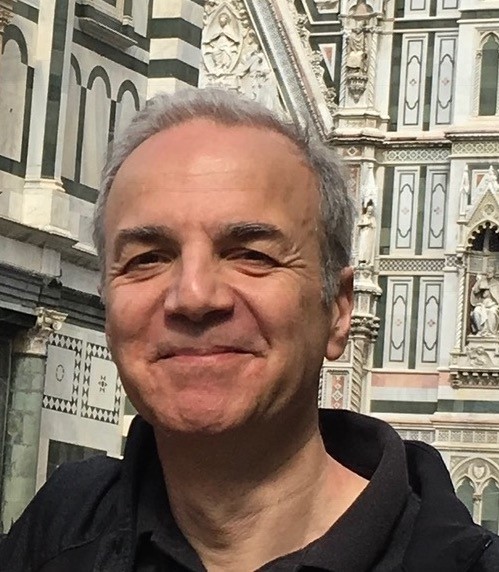
Muhammad Ali Khalidi
khalidi at yorku.ca
Khalidi is Presidential Professor of Philosophy at City University of New York Graduate Center, and has worked on philosophical aspects of the question of Palestine, including refugee rights, the right of political self-determination, and the ethics of war. He also works in the philosophy of science and cognition, including categorization in the natural and social sciences, and the influence of language on thought. He is the editor of, Manifestations of Identity: The Lived Reality of Palestinian Refugees in Lebanon (2010), and has published a number of articles in the Journal of Palestine Studies and Majallat al-Dirasat al-Filastiniyya.
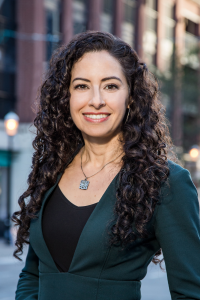
Dania Majid
Dania Majid is the co-founder and president of the Arab Canadian Lawyers Association. She is also the co-founder and artistic director of the Toronto Palestine Film Festival. In addition to being a long-time advocate for the Palestinian and Arab community, she is also a human rights lawyer and housing advocate with a legal aid clinic in Ontario. Dania completed her Hon. B.Sc. at the University of Toronto before completing her MES/LLB at York University/Osgoode Hall.
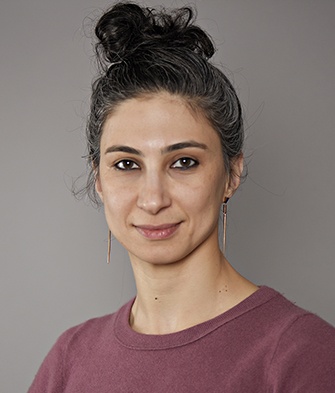
Nada Moumtaz (Co-Chair)
nada.moumtaz at utoronto.ca
Nada Moumtaz is Associate Professor in the Department for the Study of Religion & in Near and Middle Eastern Civilizations at the University of Toronto. Her book God’s Property: Islam, Charity, and the Modern State was published in 2021. Her research stands at the intersection of anthropology, Islamic legal studies, studies of capitalism, and urban studies and spans the nineteenth and twenty-first centuries in the Levant, with a focus on Beirut, Lebanon.
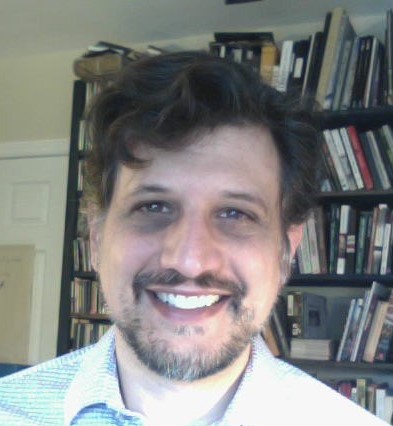
Alejandro Paz (Co-Chair for correspondence)
alejandro.paz at utoronto.ca
Alejandro Paz is an Associate Professor of Anthropology at the University of Toronto Scarborough, and he has written about the politics of migration, language and citizenship in Israel/Palestine, as well as settlement in occupied East Jerusalem. His book Latinos in Israel: Language and Unexpected Citizenship (Indiana UP) was published in 2018. His current research is about English online journalism from Israel, and its impact on North Atlantic public opinion.
Administrative Director
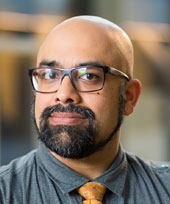
Anver M. Emon
anver.emon at utoronto.ca
Anver M. Emon is Professor of Law and History and Canada Research Chair of Islamic Law and History at the University of Toronto. His research integrates a careful attention to Islamic legal history and contemporary debates on law and governance. He is director of the Institute of Islamic Studies (IIS), where he helps research teams incubate large scale research projects that have the capacity to recalibrate both academic and public debates on Islam and Muslims. The Hearing Palestine Initiative is one such research project, which is administered at arms-length from the IIS.
International Advisory Board
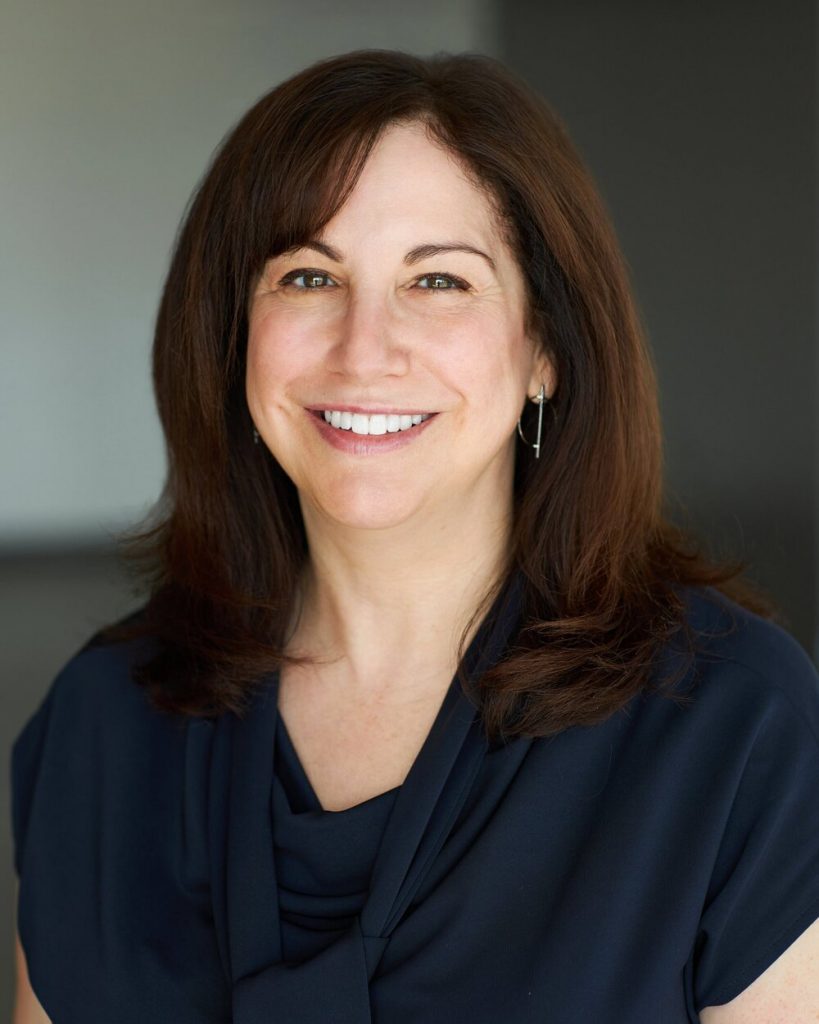
Yasmeen Abu Laban
Yasmeen Abu-Laban is Professor of Political Science and Canada Research Chair in the Politics of Citizenship and Human Rights at the University of Alberta. She is also a Fellow at the Canadian Institute for Advanced Research. Her published research addresses themes relating to; ethnic and gender politics; nationalism, globalization and processes of racialization; immigration policies and politics; surveillance and border control; and multiculturalism and anti-racism. She served as President of the Canadian Political Science Association (2016-2017), and as Vice-President of the International Political Science Association (2018-2021). She is currently the founding Chair of Research Committee 46 (Migration and Citizenship) in the International Political Science Association.
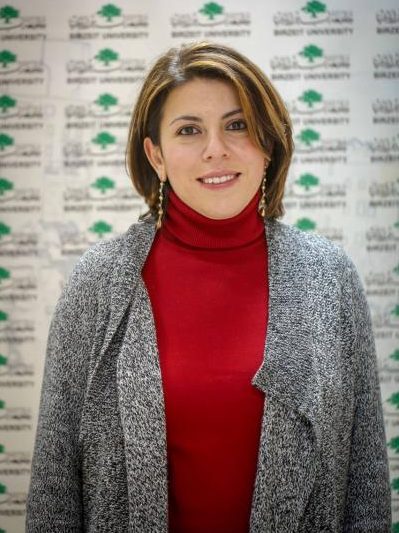
Rana Barakat
Rana Barakat is associate professor of history at Birzeit University and director of Birzeit University Museum in Palestine. She is currently completing a book monograph titled “Lifta and Resisting the Museumification of Palestine: Indigenous History of the Nakba”, contracted with the University of North Carolina Press for the “Critical Indigeneities” series. Barakat also has a second book project in the works, “The Buraq Revolt: Constructing a History of Resistance in Palestine.” Her articles appear in Palestine Studies, Jerusalem Quarterly, Native American and Indigenous Studies, Contemporary Levant, and Settler Colonial Studies, along with other academic journals. In Spring 2019, she held the Arcapita Visiting Professorship at the Center for Palestine Studies, Columbia University.
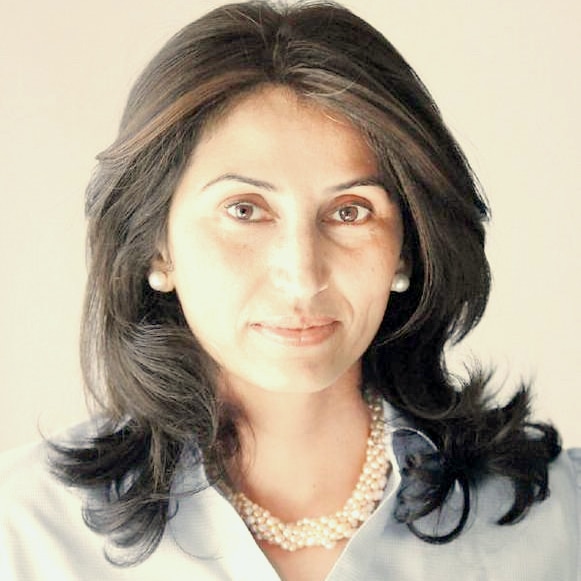
Diana Buttu
Diana Buttu is a lawyer specializing in negotiations, international law and international human rights law.She is a former adviser to the negotiating team of the Palestine Liberation Organization. A Palestinian citizen of Israel, Buttu has been a fellow with the Middle East Initiative at the Belfer Center of the Harvard Kennedy School of Government and an Eleanor Roosevelt Visiting Fellow at the Human Rights Program at Harvard Law School. She also held a fellowship at the Stanford Center for Conflict Resolution and Negotiation.
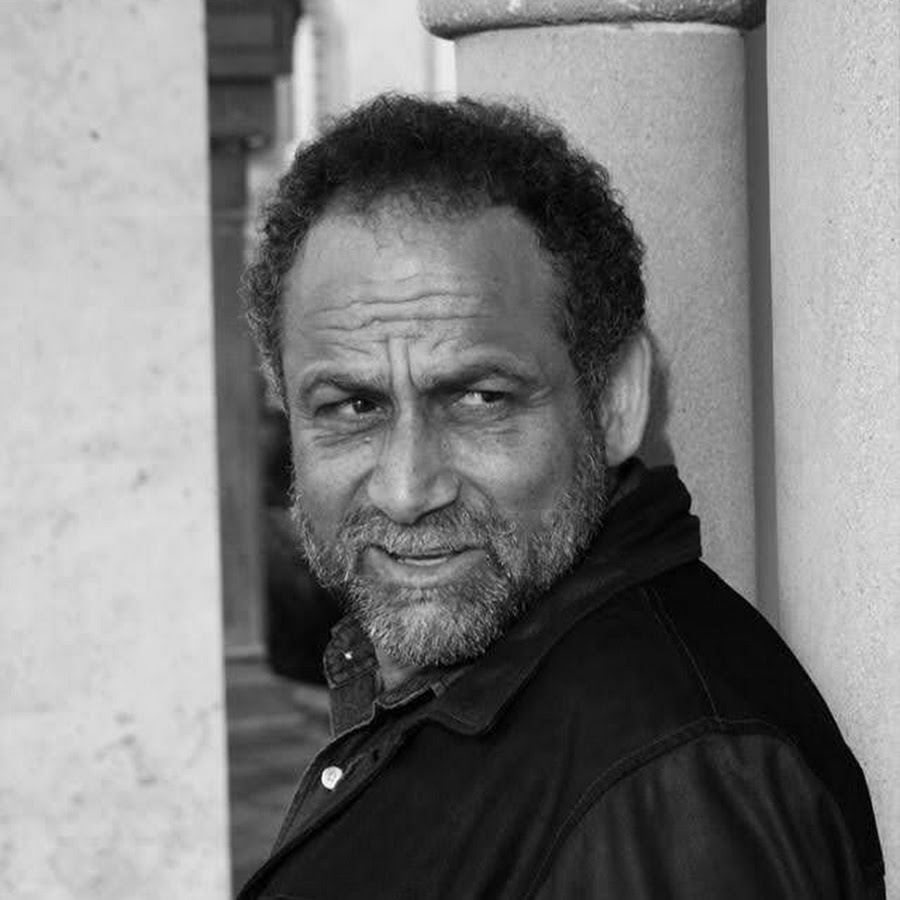
Haidar Eid
Haidar Eid is Associate Professor of Postcolonial and Postmodern Literature at Gaza’s al-Aqsa University. He has written widely on the Arab-Israeli conflict, including articles published at Znet, Electronic Intifada, Palestine Chronicle, and Open Democracy. He has published papers on cultural Studies and literature in a number of journals, including Nebula, Journal of American Studies in Turkey, Cultural Logic, and the Journal of Comparative Literature. Haidar is the author of Worlding Postmodernism: Interpretive Possibilities of Critical Theory and Countering The Palestinian Nakba: One State For All.
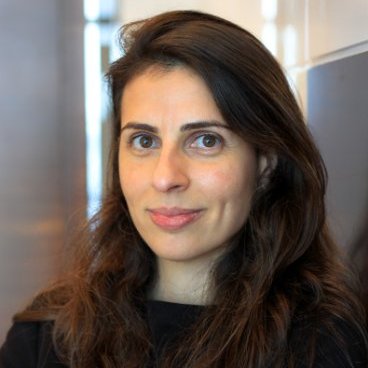
Lena El-Malak
Lena El-Malak is a technology and data privacy attorney with experience providing commercial and regulatory legal advice for big Tech and private practice. Prior to pivoting into a commercial legal career, she worked as a legal and development consultant on the nonprofit sector in Jordan. She completed a doctoral thesis and LLM in public international law at the School of Oriental and African Studies (SOAS), University of London and holds a Bachelor of Civil Law (BCL) and a Bachelor of Common Law (LLB) from McGill University in Canada. She is the author of Stolen Nation: The Right to Reparation of Palestinian refugees, published by I.B. Tauris (Bloomsbury).
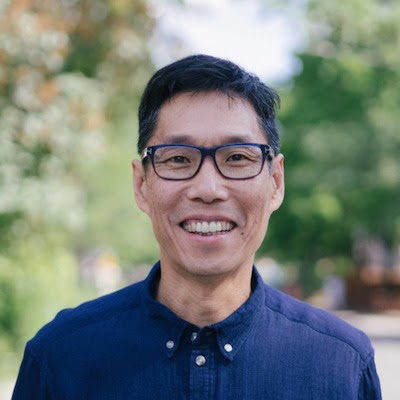
Richard Fung
Richard Fung was born and raised in Port of Spain, Trinidad. Based in Toronto, Richard is a video maker, essayist, teacher, curator, and activist. A Professor Emeritus in the Faculty of Art at OCAD University and a Rockefeller Fellow at New York University, Richard received the Bell Canada Award for Outstanding Achievement in Video Art and the Toronto Arts Award for Media Art. His single-channel and installation works, which include My Mother’s Place (1990), Dirty Laundry (1996), Sea in the Blood (2000), Islands (2002), Jehad in Motion (2007), Dal Puri Diaspora (2012) and Re:Orientations (2016), have been widely screened, broadcast and collected internationally.
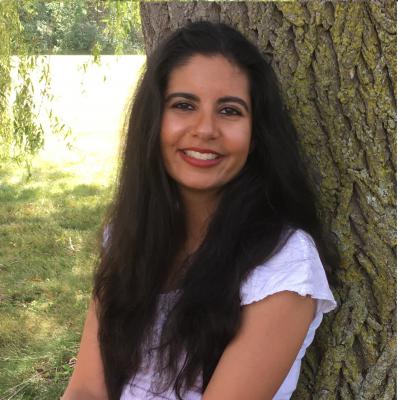
Azeezah Kanji
Azeezah Kanji is a legal academic and writer. She received her Juris Doctor from University of Toronto’s Faculty of Law, and Masters of Law specializing in Islamic Law from the School of Oriental and African Studies, University of London. Azeezah’s work focuses on issues relating to racism, law, and social justice. Her writing has appeared in the Al Jazeera English, Haaretz, Toronto Star, TruthOut, National Post, Ottawa Citizen, OpenDemocracy, Roar Magazine, iPolitics, Policy Options, Rabble, and various academic anthologies and journals (click here to view some of her published work). Azeezah also serves as Director of Programming at Noor Cultural Centre.
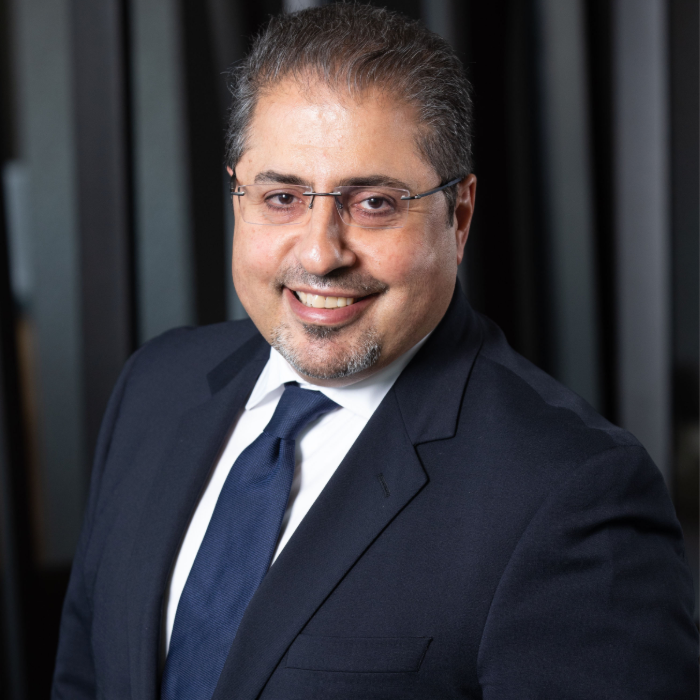
Jareer Khouri
Jerry J. Khouri has 25 years in public and private experience. He served six cabinet Ministers at the Ontario Government including Director of Policy for International Trade, Environment, and as Senior Advisor to Finance/Treasury Board and Attorney General. He is a business development and policy professional with knowledge and expertise in public policy and government, economic strategy, international trade and political risk.
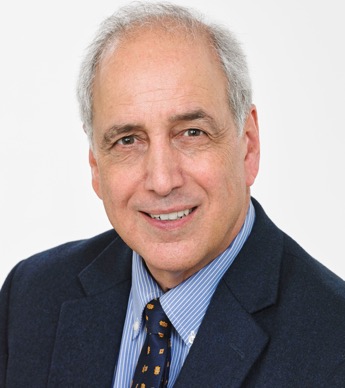
Michael Lynk
Michael Lynk, was appointed Special Rapporteur on the situation of human rights in the Palestinian Territory occupied since 1967 in 2016. Lynk is Associate Professor of Law at Western University in London, Ontario, where he teaches labour law, constitutional law and human rights law. Before becoming an academic, he practiced labour law and refugee law for a decade in Ottawa and Toronto. As well, he worked for the United Nations on human rights and refugee issues in Jerusalem. Lynk has written widely on labour law and human rights issues in Canada, and he has also published articles on the application of international law to the Middle East conflict. Professor Lynk received his B.A. (with honours) and his LL.B. from Dalhousie University, and completed his LL.M. at Queen’s University in 2001.
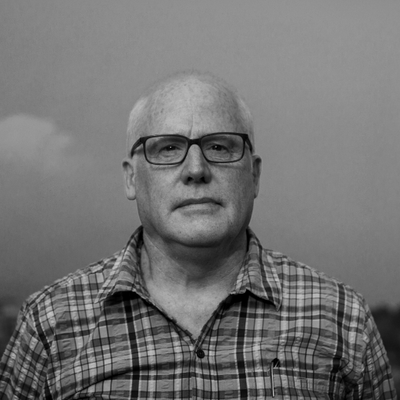
Alex Neve
Alex Neve served as Secretary General of Amnesty International Canada’s English Branch from 2000 – 2020. Alex is a lawyer, with an LLB from Dalhousie University and a master’s degree in International Human Rights Law from the University of Essex. He has served as a member of the Immigration and Refugee Board, taught at Osgoode Hall Law School, been affiliated with York University’s Centre for Refugee Studies, and worked as a refugee lawyer in private practice and in a community legal aid clinic. He serves on the Board of Directors of the Centre for Law and Democracy. Alex has been named an Officer of the Order of Canada and a Trudeau Foundation Mentor. He is a recipient of a Queen Elizabeth II Diamond Jubilee Medal. He has received honorary Doctorate of Laws degrees from St. Thomas University, the University of Waterloo and the University of New Brunswick.

Zaid Qadoumi
Zaid Qadoumi is the chief executive officer of Broadgrain Commodities, a family-owned agricultural trade business based in Toronto. He was born and raised in Amman, Jordan to a Palestinian family from Nablus. Zaid has engaged in various advocacy work for Palestine since his undergraduate years at McGill University. He is passionate about carrying forward Palestinian cultural memory and heritage into future generations by empowering youth to engage with the cause & supporting Palestinian students’ fundamental right to education.
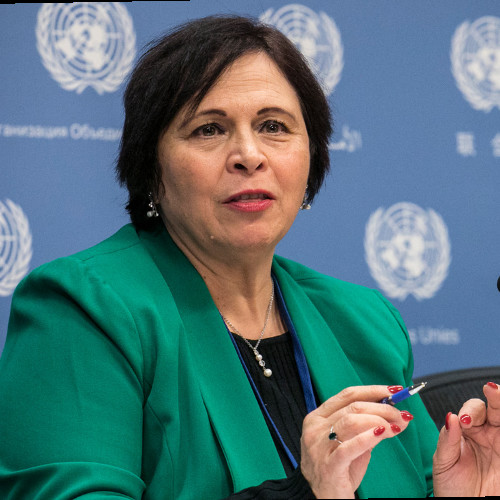
Randa Siniora
Randa Siniora is the general director of the Women’s Centre for Legal Aid and Counselling. She is a human rights and women’s rights activist with over 35 years of professional experience in the field of international human rights and humanitarian law. She was the first Palestinian woman to brief the UN Security Council on women, peace, and security in 2018. In 2019, she was recognized as one of the 100 most influential people in gender policy around the world. Randa has an LLM in international human rights law from the University of Essex in the United Kingdom and an MA in sociology-anthropology from the American University in Cairo.
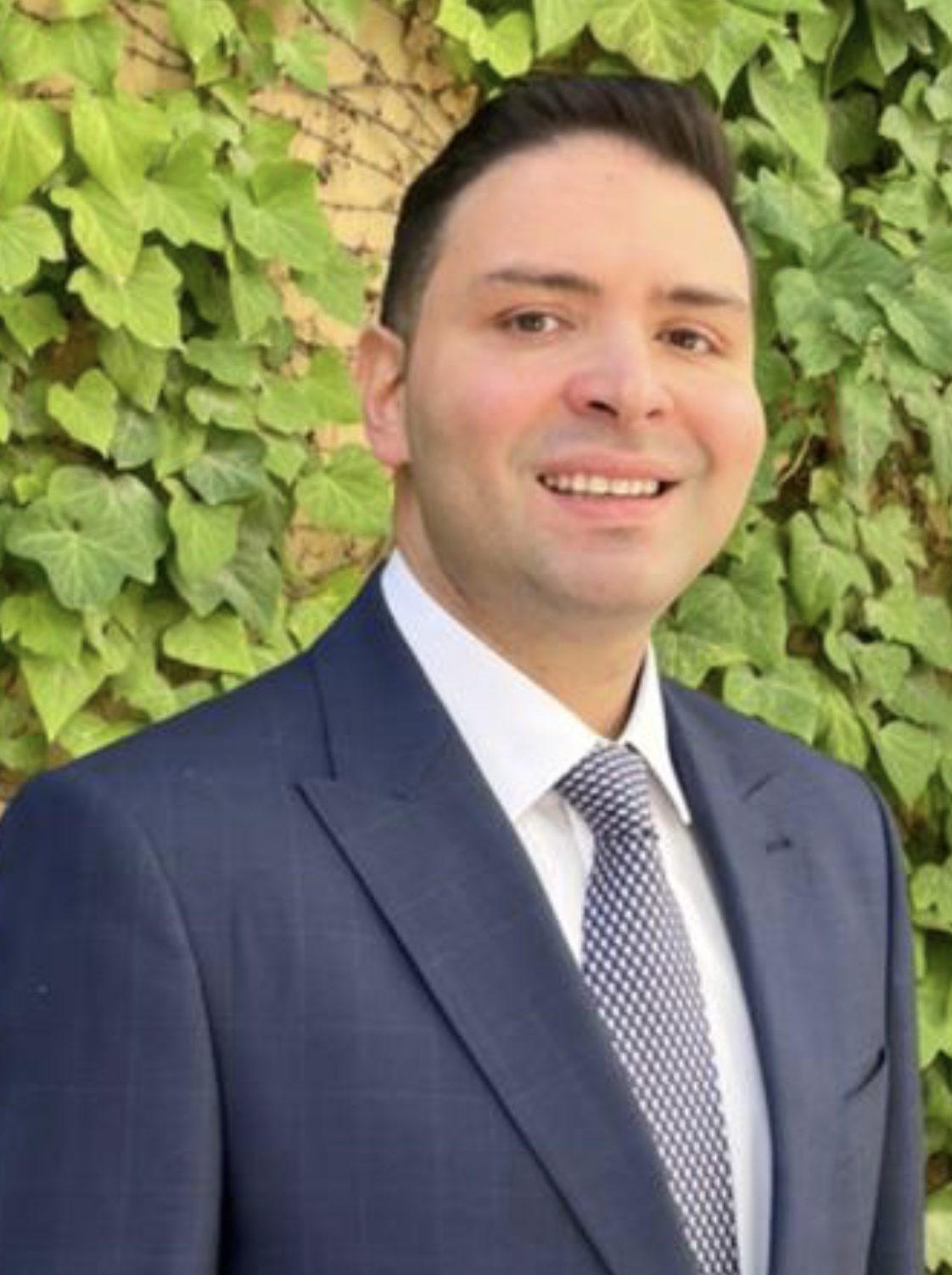
Abdel Razzaq Takriti
Dr. Abdel Razzaq Takriti is the inaugural holder of the Arab-American Educational Foundation Chair in Modern Arab History, Associate Professor at the Department of History, and founding Director of the Arab-American Educational Foundation Center for Arab Studies, University of Houston. His research focuses on the history of revolutions, intellectual and political currents, and state-building in the modern Arab world as well as on global histories of empire and anti-colonialism. During the academic year 2022-23, Dr. Takriti serves as the Darwish Visiting Professor in Palestinian Studies at Brown University.
Programmatic Board
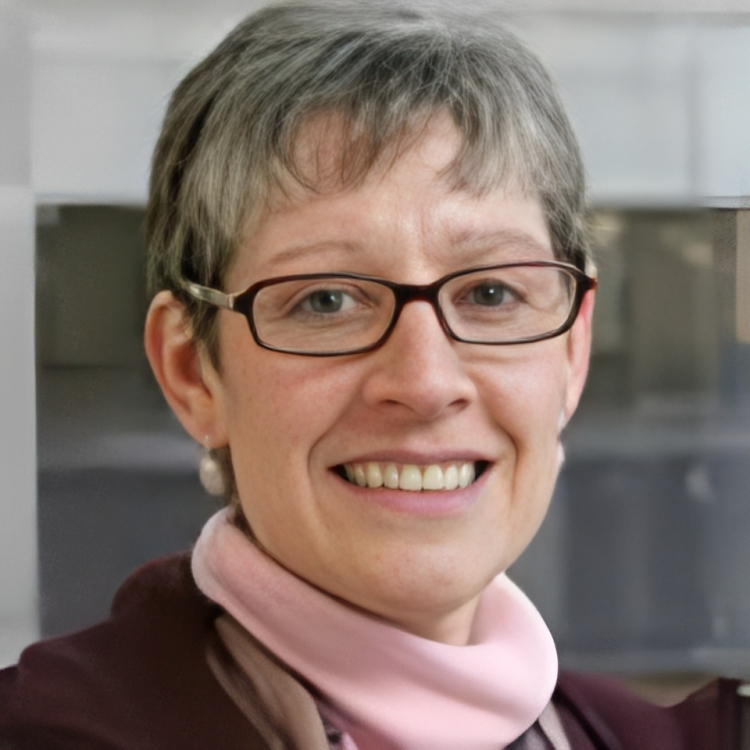
Abigail Bakan
Abigail B. Bakan is a Professor in the Department of Social Justice Education (SJE) at OISE, and cross-appointed to the Department of Political Science. Her research is in the area of anti-oppression politics, with a focus on the intersections of gender, race, class, political economy and citizenship. Her publications include: Israel, Palestine and the Politics of Race (with Yasmeen Abu-Laban; Theorizing Anti-Racism: Linkages in Marxism and Critical Race Theories (co-edited with Enakshi Dua); Negotiating Citizenship: Migrant Women in Canada and the Global System (with Daiva Stasiulis); Critical Political Studies: Debates and Dialogues from the Left (co-edited with Eleanor MacDonald); and Employment Equity Policy in Canada: an Interprovincial Comparison (with Audrey Kobayashi).
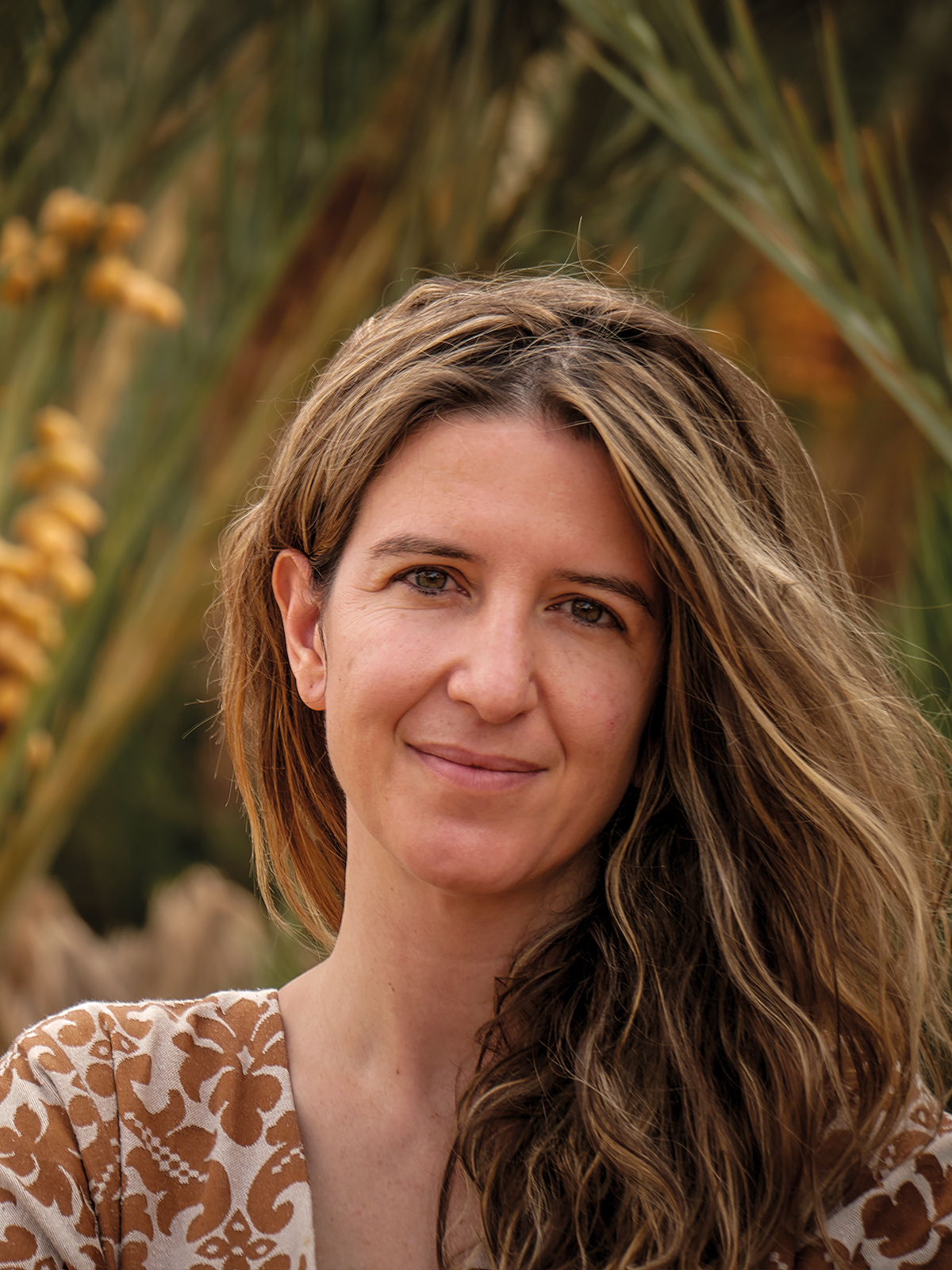
Aziza Chaouni
Aziza Chaouni is an Associate Professor of Architecture at the University of Toronto’s John H. Daniels Faculty of Architecture, Landscape, and Design and the founding principal of the design practice Aziza Chaouni Projects (ACP) with offices in Fez, Morocco and Toronto, Canada. Chaouni is also the Director of the Designing Ecological Tourism (DET) research platform at the Daniels Faculty. Her practice, research and teaching focus on sustainable design and construction in the developing world. She is the co-author of Desert Tourism: Tracing the Fragile Edges of Development (with Virginie Lefebvre) and Out of Water: Design Solutions for Arid Regions (with Liat Margolis), and the author of Ecotourism, Nature Conservation and Development: Reimagining Jordan’s Shobak Arid Region.
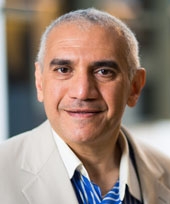
Mohammad Fadel
Mohammad H. Fadel is a Full Professor at the Faculty of Law, which he joined in January 2006. Professor Fadel wrote his Ph.D. dissertation on legal process in medieval Islamic law while at the University of Chicago and received his JD from the University of Virginia School of Law. Professor Fadel was admitted to the Bar of New York in 2000 and practiced law with the firm of Sullivan & Cromwell LLP in New York, New York, where he worked on a wide variety of corporate finance transactions and securities-related regulatory investigations. Professor Fadel also served as a law clerk to the Honorable Paul V. Niemeyer of the United States Court of Appeals for the 4th Circuit and the Honorable Anthony A. Alaimo of the United States District Court for the Southern District of Georgia. Professor Fadel has published numerous articles in Islamic legal history and Islam and liberalism.
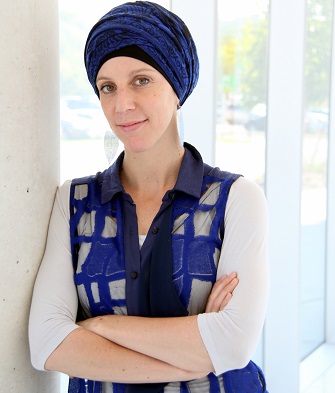
Sarah Hillewaert
Sarah Hillewaert’s research focuses on the range of ways in which young people negotiate social relations and positions in contexts of social change and globalization. They have published work on how Kenyan youth use accents and language mixing as well as bodily comportment and greeting styles to negotiate new sets of social and economic relationships and altering understandings of moral personhood. Their newer research looks at how young people’s notions of religious identity and historical conceptions of global interconnectivity along the Swahili coast shift in tandem with emerging geopolitical positions and technological innovations.
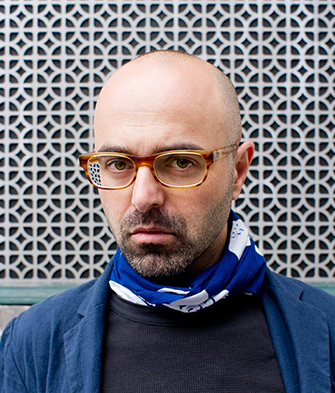
Yigal Shalom Nizri
Yigal S. Nizri is an assistant professor in the Department for the Study of Religion and Centre for Jewish Studies at the University of Toronto. His interests include modern Jewish history, maghribi halakhic traditions, and Jewish itineraries into Muslim lands. Nizri received his PhD from New York University and holds a BFA from Bezalel Academy of Arts and Design in Jerusalem.